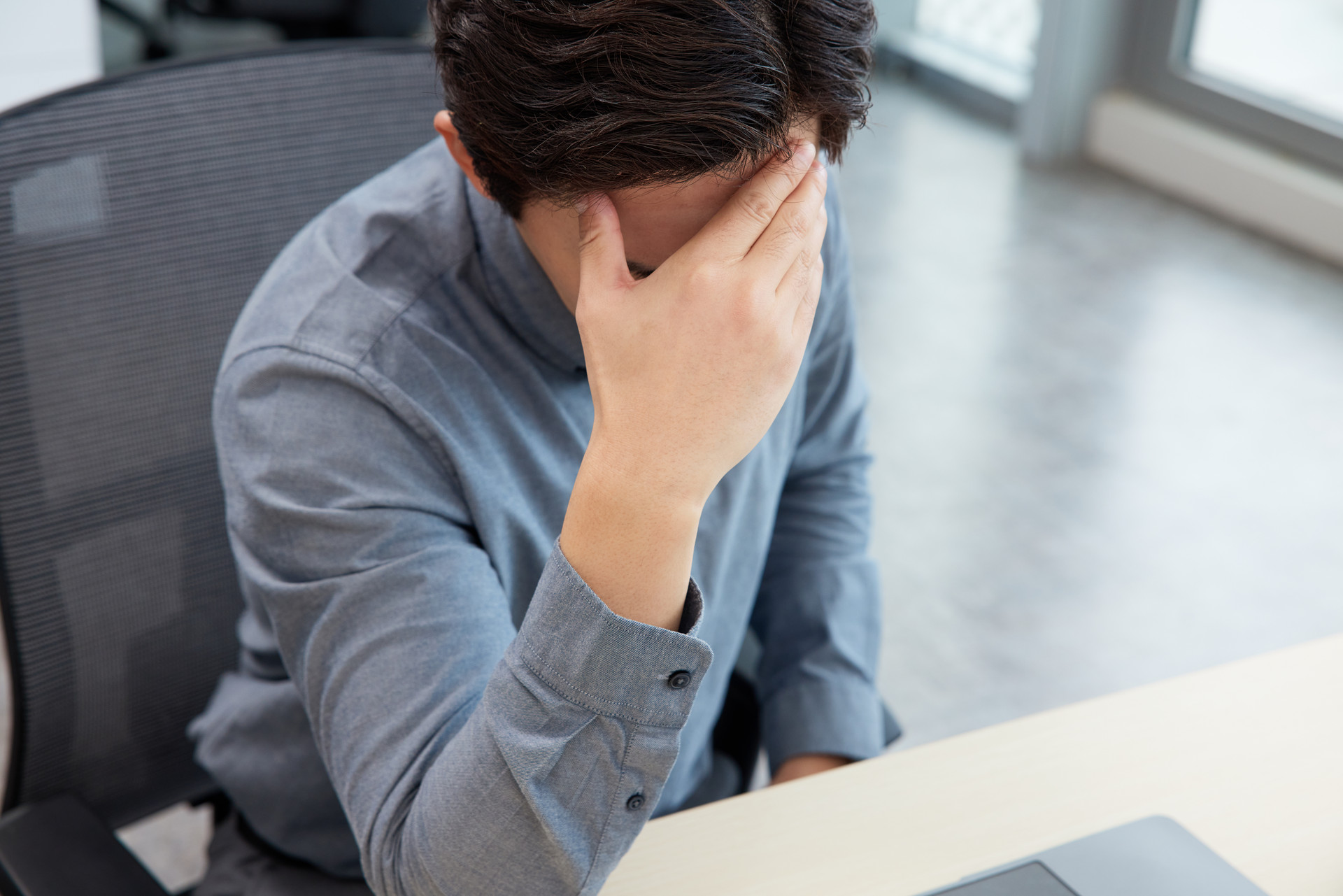As we reach middle age, various problems with our bodies can arise and we must pay attention to them. Sometimes we may hear our stomachs making inexplicable noises. What could be the reason?

The normal range of bowel sounds is 3-5 times per minute. If it exceeds 5 times and the sound is audible, it is most likely excessive bowel sounds.
1. Hunger alarm: When we are hungry, our brain sends a signal to the stomach, which then secretes digestive fluids to initiate peristalsis. If there is little or no food in the stomach, the gases and water in the stomach will start to make noise - "gurgling." Eating something at this time will solve the problem.
2. Excessive intestinal gas: Eating too much gas-producing food, eating too quickly, and emotional factors can all cause gas accumulation in the intestines. When the gases in the stomach cannot be expelled in time (such as in cases of constipation), a large amount of gas will move along with the peristalsis, causing gurgling sounds in the intestines. This condition is often accompanied by symptoms such as constipation, bloating, and abdominal pain.
3. Poor digestion: When digestion is weakened and gastric motility is reduced, there may be gastric emptying disorders. Food will stay in the stomach for a long time, and the bacteria in the stomach will interact with the food, causing fermentation and the production of large amounts of acid and gas, resulting in bloating and rumbling noises in the stomach.
4. Diarrhea: Diarrhea is often associated with diseases and is mostly caused by gastrointestinal disorders or ingestion of contaminated food, leading to disordered digestion. Poor gastrointestinal function can lead to excessive gas and water in the intestines.
5. Other gastrointestinal diseases: Acute gastroenteritis, acute enteritis, intestinal obstruction, and other gastrointestinal diseases can also cause loud bowel sounds. If accompanied by symptoms such as bloody stools and abdominal colic, prompt medical attention should be sought.
It could be due to excessive water intake or disrupted digestion. If there is no abdominal pain or bloating, there is no need to worry too much. You can eat more fruits and vegetables rich in vitamin A and B or reduce your water intake, and the situation will improve on its own.
If there is slight abdominal pain or bloating, you can eat fruits and vegetables or take medication that aids the digestive system.










